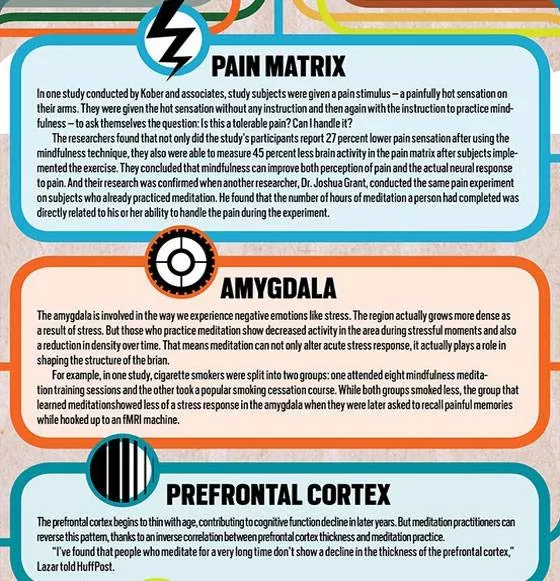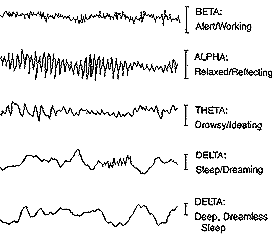How What Happens to My Brain When I Meditate? - Right as Rain can Save You Time, Stress, and Money.

What Does How Meditation Changes Your Brain for the Better from Day 1 Do?
Research studies have actually verified the cognitive and psychological advantages of meditation for schoolchildren, but more work will most likely require to be done before it gets more prevalent acceptance. Meditation is not a panacea, but there's certainly a lot of proof that it might do some helpful for those who practice it routinely.

Research — Andrew Newberg
And its benefits seem to be felt after a relatively brief quantity of practice. Some scientists have cautioned that meditation can cause ill effects under certain scenarios (called the "dark night" phenomenon), however for the majority of people particularly if you have a good instructor meditation is beneficial, instead of harmful.

3 Simple Techniques For Mindfulness related changes in grey matter: a systematic
If the research study is right, just a few minutes of meditation may make a huge distinction.
8 weeks earlier, I began practicing meditation every day. I understood I 'd be going house to visit my household at the end of December, and well, I have a bad practice of regressing into a 13-year-old whenever I'm around them. All my old immaturities and anxieties get activated. Also Found Here end up being a more reactive, less caring variation of myself.
Everything about 7 Ways Meditation Changes the Brain - Sporty & Rich
I would be kind and even-tempered throughout the visit. I knew that in order to have an opportunity in hell of achieving this, I 'd require an ace in the hole. That's where the meditation was available in. Beginning in 2005, Harvard neuroscientist Sara Lazar began to release some mind-blowing findings: Meditation can literally alter the structure of your brain, thickening essential areas of the cortex that help you manage your attention and feelings.

Meditation appears to produce enduring change - EurekAlert!
Just eight weeks? I thought when I read the research. This seems too excellent to be real! I was intrigued, if doubtful. Above all, I wondered to understand more. And I wasn't the only one. By 2014, there had actually been enough follow-up studies to require a meta-analysis, which revealed that meditators' brains tend to be bigger in a lot of areas, including the insula (involved in emotional self-awareness), parts of the cingulate cortex and orbitofrontal cortex (involved in self-regulation), and parts of the prefrontal cortex (associated with attention).
